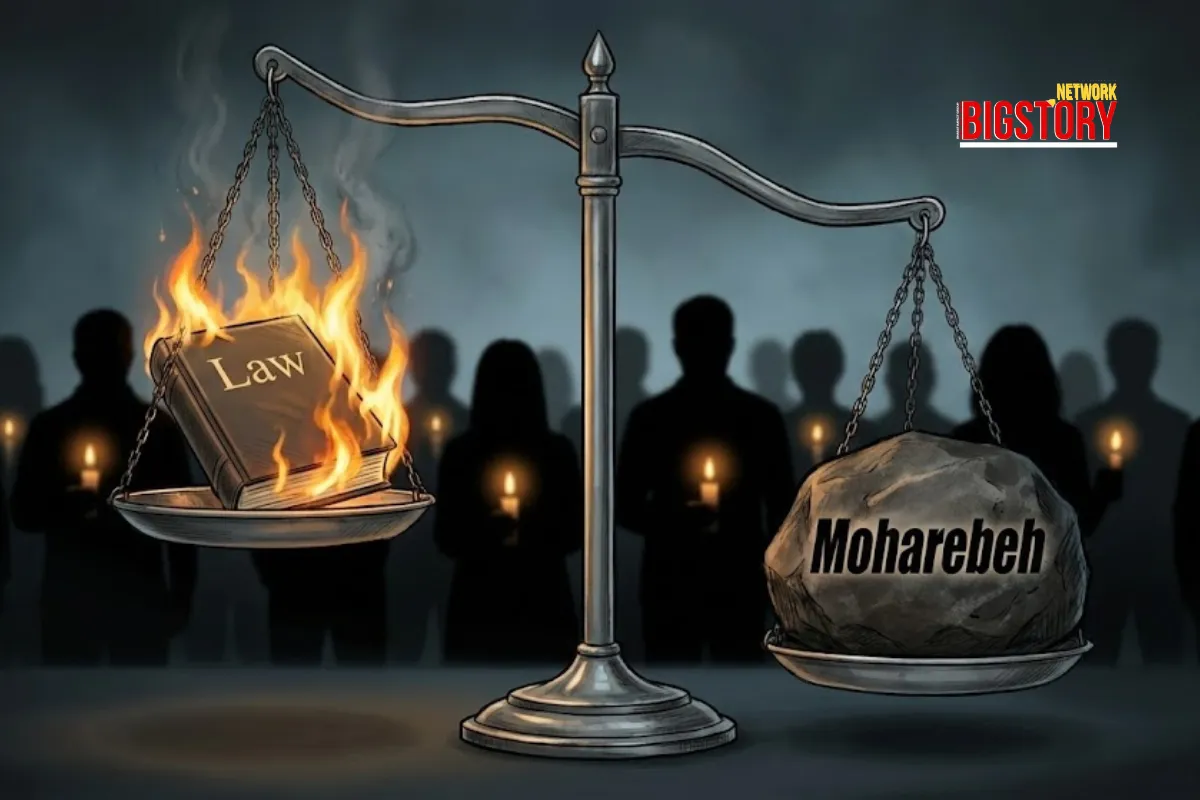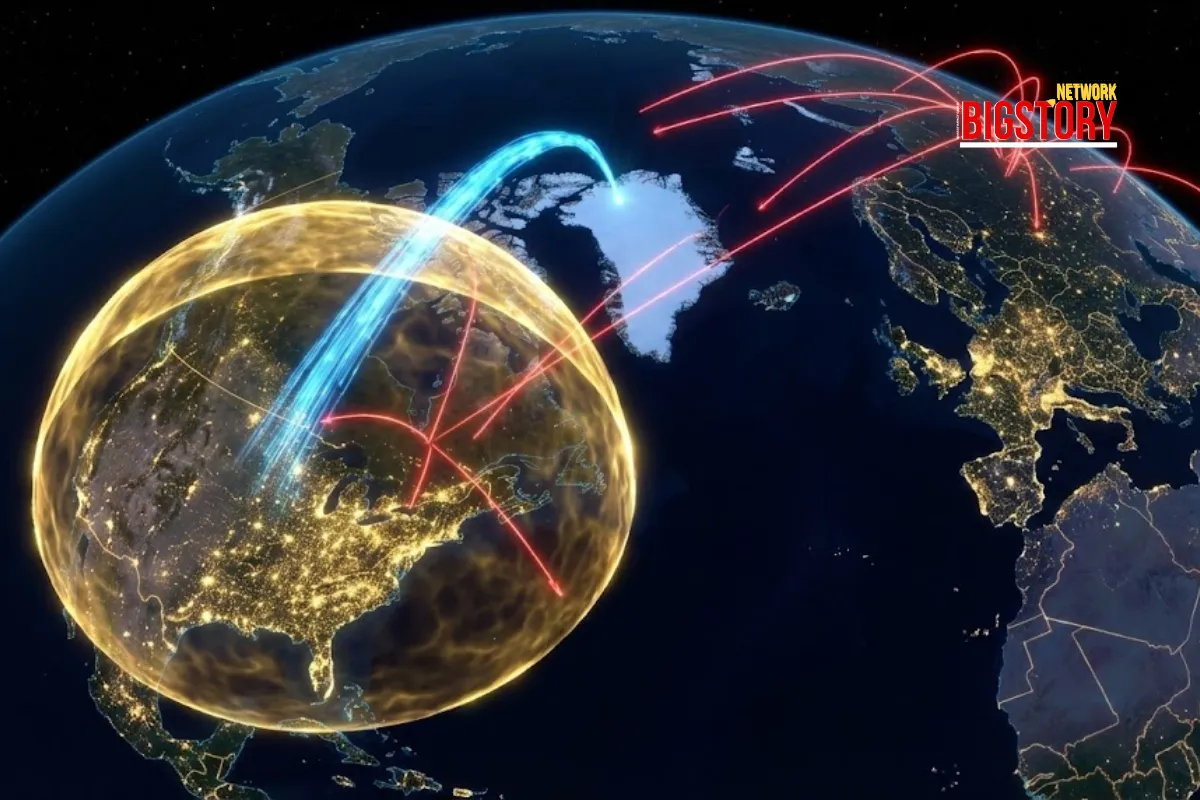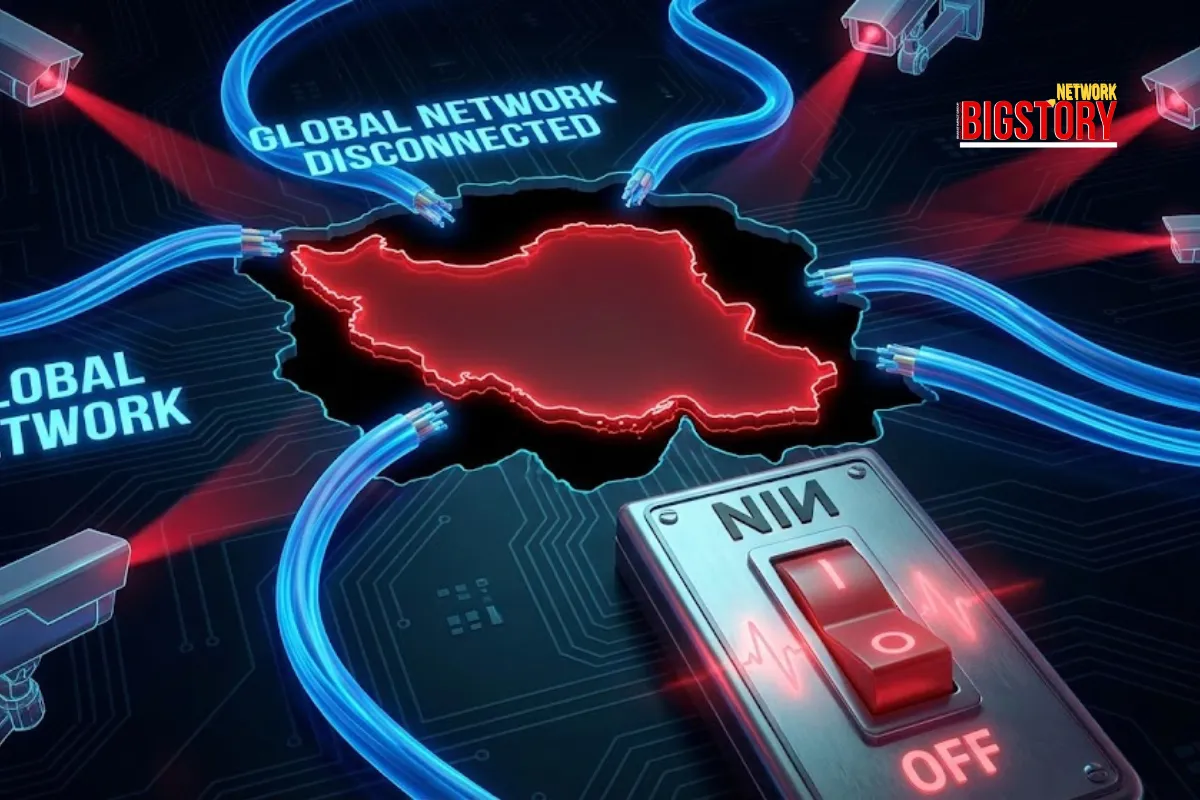“Trump travels to Egypt for Gaza peace summit with world leaders on Oct 13, marking a historic ceasefire between Israel and Hamas.”
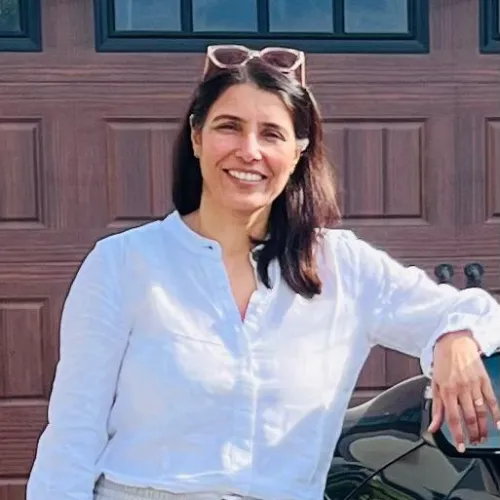 Sseema Giill
Sseema Giill
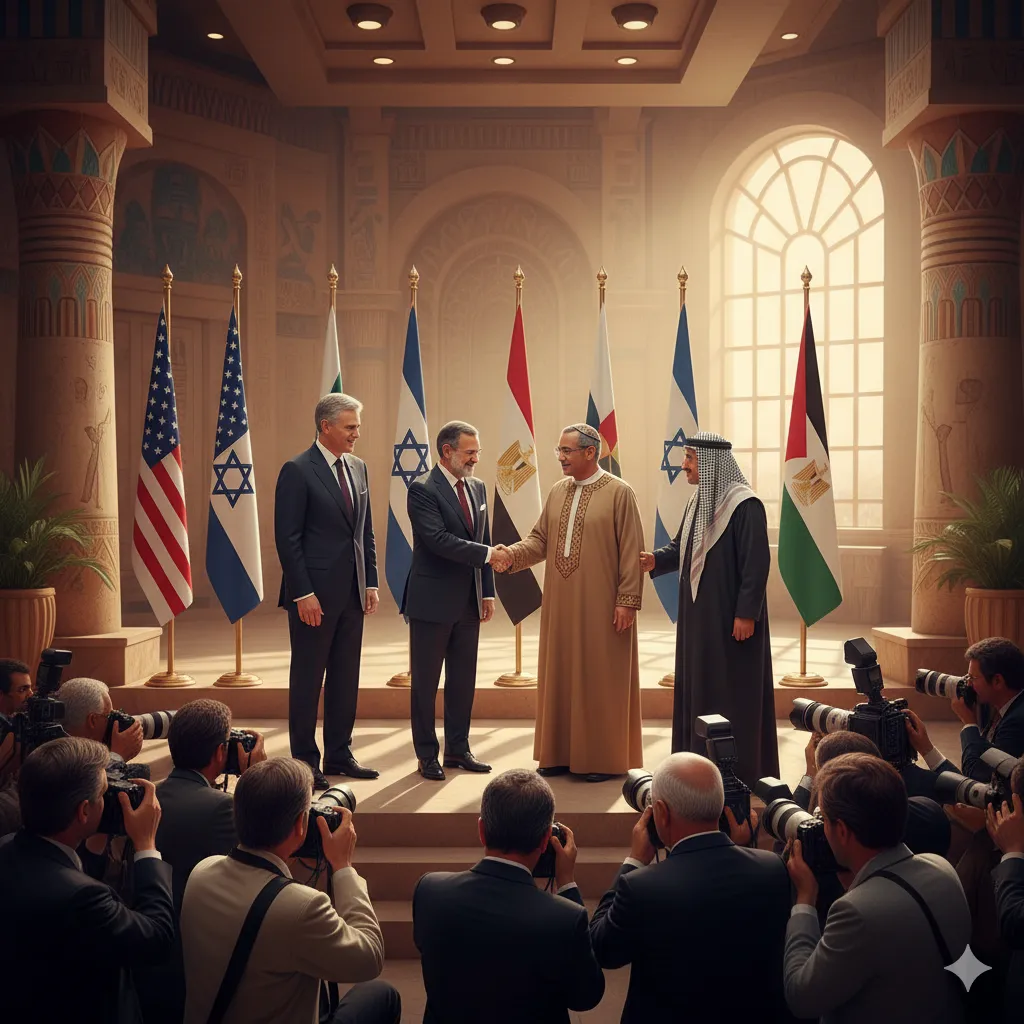
Cairo / Sharm el-Sheikh, October 13, 2025 — In a historic moment for Middle East diplomacy, former U.S. President Donald Trump is set to arrive in Egypt today to attend a multinational peace summit in Sharm el-Sheikh and oversee the signing of a landmark Gaza ceasefire agreement. The deal, negotiated over four intense days, aims to bring an end to more than two years of devastating conflict between Israel and Hamas.
Trump’s itinerary underscores the significance of the moment:
Egyptian President Abdel Fattah al-Sisi has called Trump’s role “decisive” and even said the former president “deserves the Nobel Peace Prize” for brokering the deal. The peace framework is seen as the most ambitious and widely backed plan in decades.
Unveiled on September 29, 2025, Trump’s 20-point peace plan set the foundation for the agreement, which was finalized through closed-door negotiations in Sharm el-Sheikh.
Key provisions include:
The deal also includes mechanisms to prevent further escalation, including demilitarization of Hamas infrastructure and international monitoring of ceasefire violations.
Egypt’s role as the summit host signals its return to center stage in regional diplomacy. Cairo has long played mediator in Gaza conflicts, but this agreement elevates its status as a trusted guarantor.
For Trump, the summit marks what could be the most significant diplomatic achievement of his political career. After years of stalled peace efforts under multiple administrations, the former U.S. president is being credited with securing the first comprehensive ceasefire since 2021.
“I’ll be visiting Israel to speak at the Knesset early on, and then I’ll also travel to Egypt. They’ve been fantastic,” Trump told reporters.
“We’ve made something truly historic happen here.”
World leaders have widely praised the agreement:
Hamas issued a statement urging guarantor nations to “ensure Israel’s commitments are upheld,” while Palestinian Authority President Mahmoud Abbas said he hoped this would “open the path to lasting political resolution.”
The ceasefire is already producing tangible effects:
The Suez Canal Authority also expects stabilization to revive trade revenues, which had fallen sharply during the conflict.
While optimism is high, experts warn the deal’s success hinges on strict implementation and political will from both sides.
Challenges include:
Regional analysts say the multinational peacekeeping mechanism will be crucial in maintaining stability and avoiding a return to violence.
This summit could reshape power dynamics in the region. Egypt has reinforced its diplomatic influence, while Trump’s central role has reignited debate about his foreign policy legacy. The participation of countries like Qatar, Turkey, Saudi Arabia, and the UAE signals rare alignment across political divides.
China and Russia have also expressed support, with Putin stating Moscow is “prepared to back any initiative that halts the violence,” and Beijing emphasizing the importance of a two-state solution.
The Gaza Peace Summit in Egypt is more than a diplomatic ceremony—it’s a test of whether multilateral diplomacy can deliver lasting change in one of the world’s most entrenched conflicts.
For millions of civilians in Gaza and Israel, the stakes could not be higher.
Trump is visiting Egypt to attend a multinational peace summit in Sharm el-Sheikh and participate in the signing ceremony of a landmark Gaza ceasefire agreement between Israel and Hamas. The visit follows his successful mediation of the deal.
The Gaza Peace Summit is a diplomatic conference bringing together world leaders, guarantor nations, and regional stakeholders to formalize the ceasefire agreement, set up humanitarian aid mechanisms, and outline a framework for post-war governance in Gaza.
The key guarantor nations are Egypt, Qatar, and Turkey, with support from the United States, the European Union, Jordan, Saudi Arabia, and the United Nations.
This is the most comprehensive peace agreement in more than two decades. It could reshape power dynamics, reduce violence, enable reconstruction in Gaza, and boost Egypt’s status as a key regional mediator.
Egypt is hosting the summit, serving as a guarantor nation, and is expected to lead reconstruction efforts in Gaza. Cairo has a long history of mediating between Israel and Hamas.
While the deal is historic, lasting peace will depend on strict implementation, political cooperation from both sides, and broader steps toward a two-state solution. Many observers see it as an important first step, not the final one.


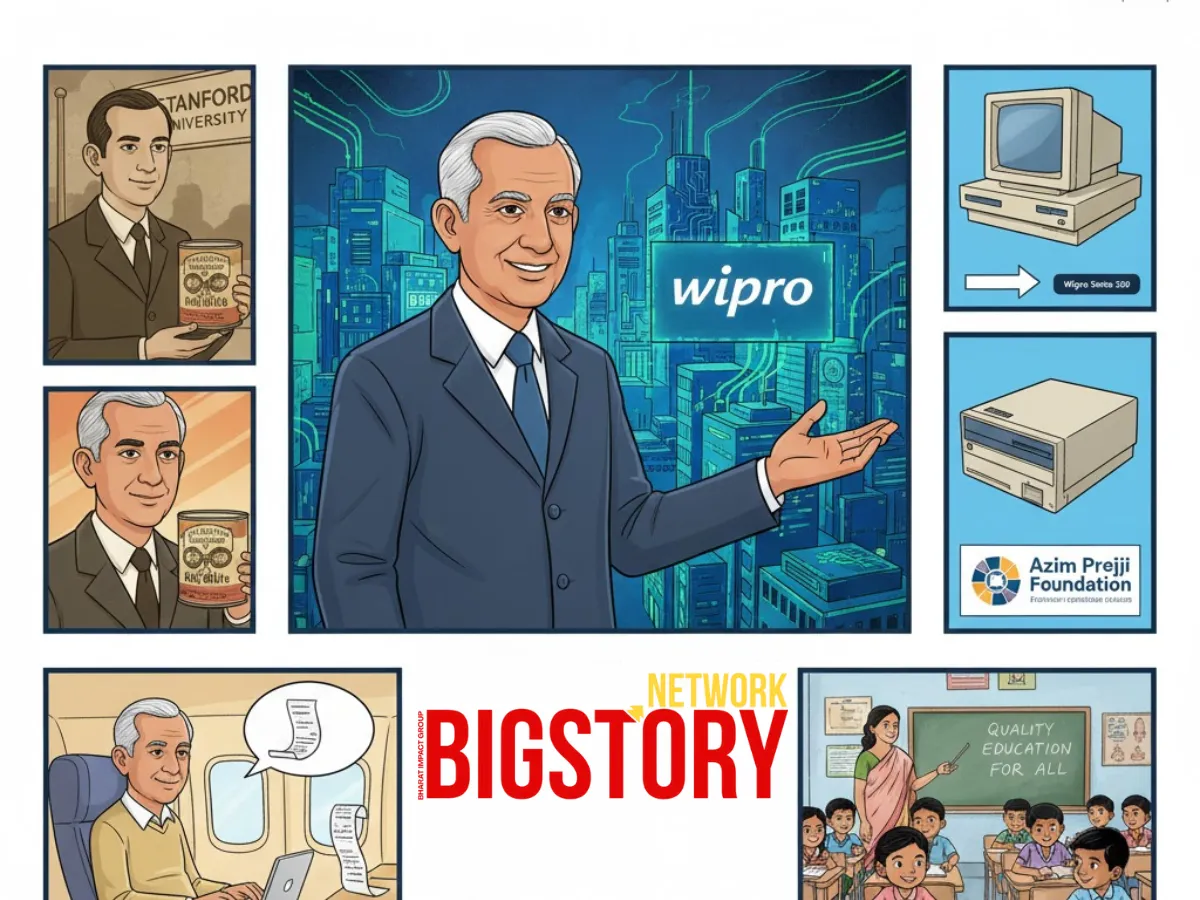

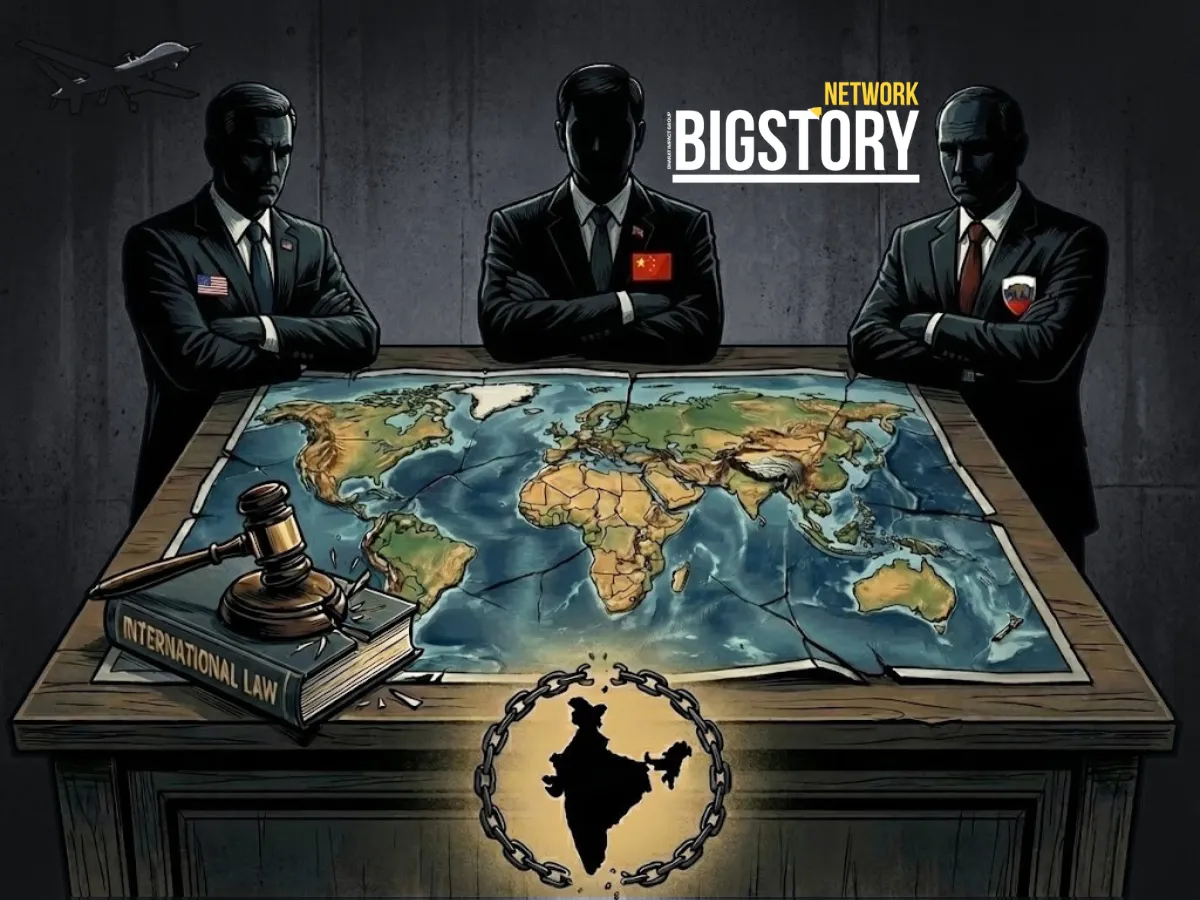
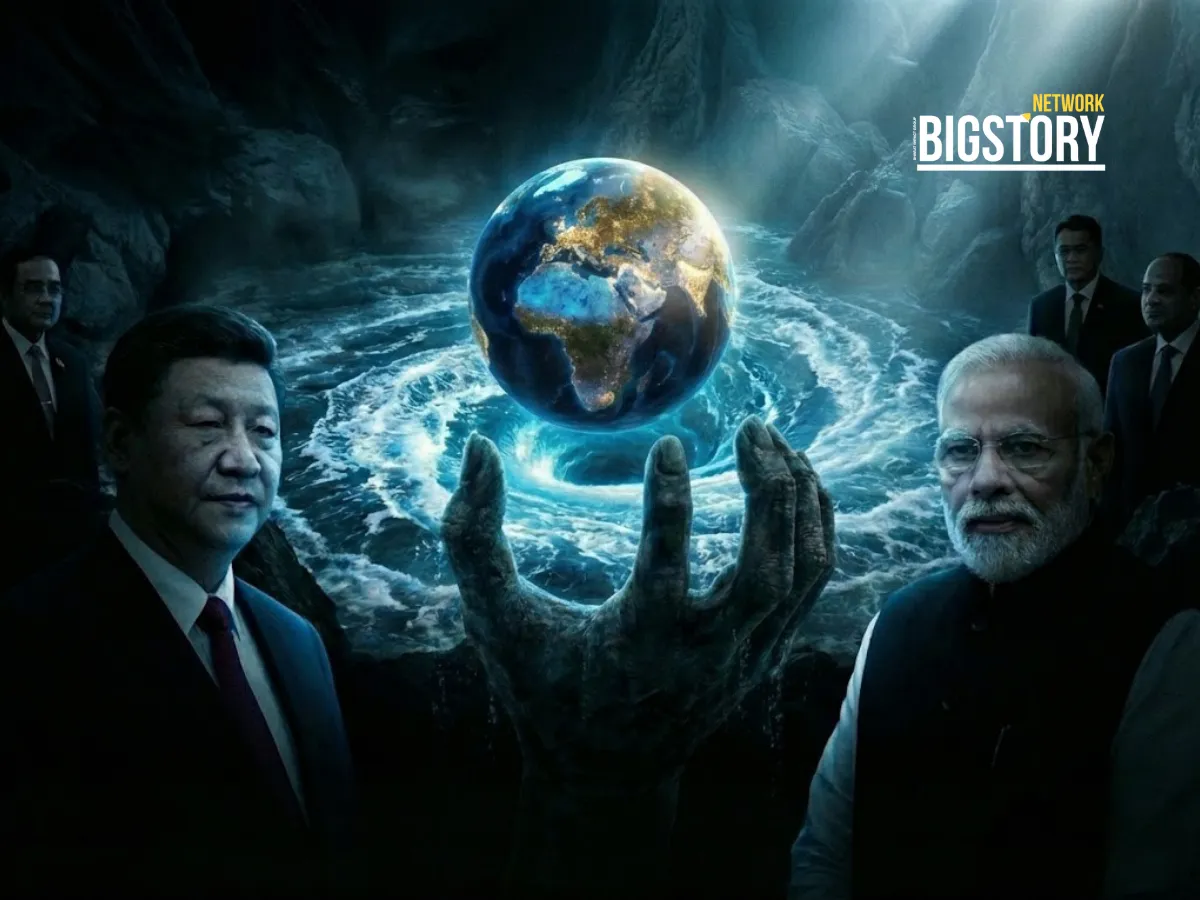
Sign up for the Daily newsletter to get your biggest stories, handpicked for you each day.
 Trending Now! in last 24hrs
Trending Now! in last 24hrs
